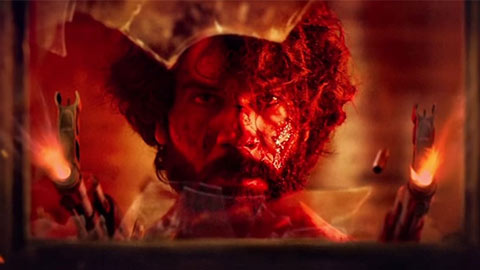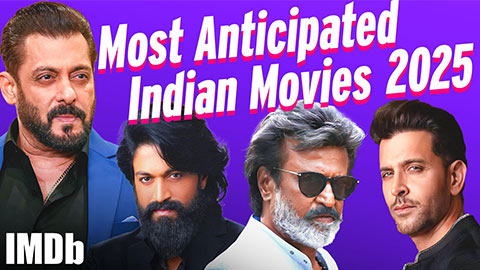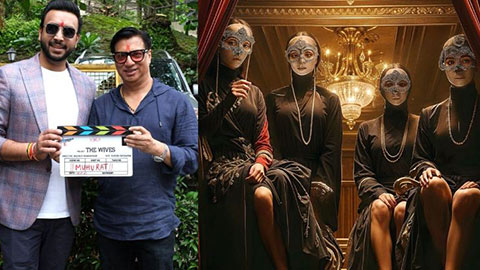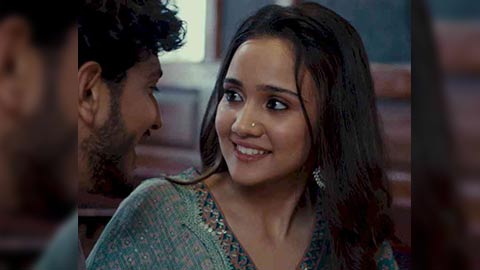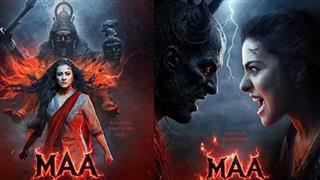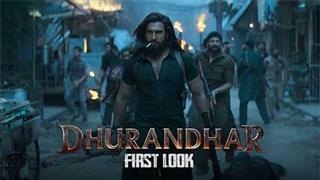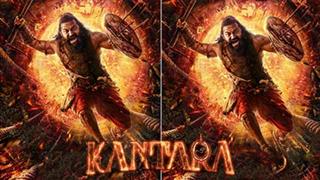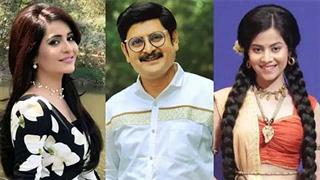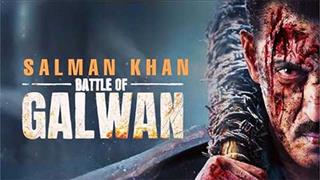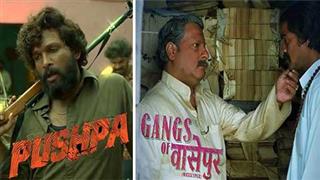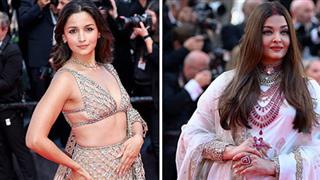Superstars are taking the plunge and audiences are gulping it down too - "different cinema" is big this year.
"The formula cinema is dead," says producer Pritish Nandy. As though to prove him right, Sanjay Leela Bhansali's "Black" makes a splash on the same day as Nandy's
different-to-the-point-of-eccentricity "Shabd".
Though "Shabd" failed to make an impact, it nonetheless proved the point that the audience is being nurtured into a different entertainment mindset.
A film about a writer with a creative block who for creative release cajoles his wife to have an affair with a younger man is hardly what big guns like Sanjay Dutt and
Aishwarya Rai would consider commercially viable. Yet they've taken on "Shabd".
"Indian cinema is looking way beyond the formula now," asserts Nandy. "None of the films being produced by us adheres to the so-called formula. And yet we don't make art
house films."
The sharp distinction between mainstream and art house cinema has evaporated this year. In January, Madhur Bhandarkar's unconventionally plotted peep at the beau
monde in "Page 3" proved to be the surprise success of the season.
Bhandarkar still can't believe how well his little (Rs.25 million) film was received. "Everyone thought this was, at best, a multiplex film. I was happy with that. Since the
budget was so meagre we thought the film would recover its investment, plus make a small profit. That was it.
"Who would've thought that a film about the party animals of Mumbai's elite would be a hit in a place like Patna? Just goes to show, the audience is hungry for new
experiences."
Filmmakers seem anxious to go against the formulaic rules. Even a hardcore kitsch maker like Harry Baweja is ready with "Main Aisa Hi Hoon", about an autistic man,
played by Ajay Devgan, fighting for the legal custody of his son.
Bhansali's "Black" has beaten all scepticism to become an across-the-board hit.
"People are getting up from their seats to give 'Black' a standing ovation. I couldn't have asked for more," says Bhansali as he expresses a determination to do "exactly as I
please...you can't follow rules in creative work. You must follow your heart".
Though "Black" is a far more expensive film than "Page 3", its audience is growing by the day.
Exults Mumbai's primary financier and distributor Shyam Shroff: "It's a gem of a movie. Ideally it should have been released with less number of prints and certain shows
having Q & A sessions with the director and the actors.
"To me, it's a crime to watch this gem for less than Rs.500 a ticket. This movie is for a certain section of the audience and the attempt should have been made to recover on
an average more than Rs.500 from each such patron. Why show it to those who do not appreciate such quality product?"
But the question is, do "Black" and "Page 3" appeal only to the elite class?
"Going by the way the stars and cinema are heading this year, I'd say the much maligned masses are ready for a change," predicts filmmaker Hansal Mehta.
"I've a feeling, 'Black' is going to be like the new age 'Sholay'. If you remember, 'Sholay', which is today considered a milestone, started off tamely. 'Black' too is a slow
starter, but is fated to change the way we look at cinema. And this change will reflect on 2005 as a whole."
Mehta has a point. 2005 does seem to be the year of the different cinema. Big stars are striving to move away from their starry images. After doing an entirely different image
defying role in Ashutosh Gowariker's "Swades", Shah Rukh Khan is now working with avant-garde director Amol Palekar in "Paheli" where he plays a ghost!
Aamir Khan has just completed a historical, "The Rising", and Salman Khan will in all likelihood move completely away from his bad boy image to play the Maratha king in
Bhansali's proposed historical "Bajirao Mastani".
Hrithik Roshan too has almost been finalised to do a major historical opus.
Tuesday, March 15, 2005 14:08 IST




